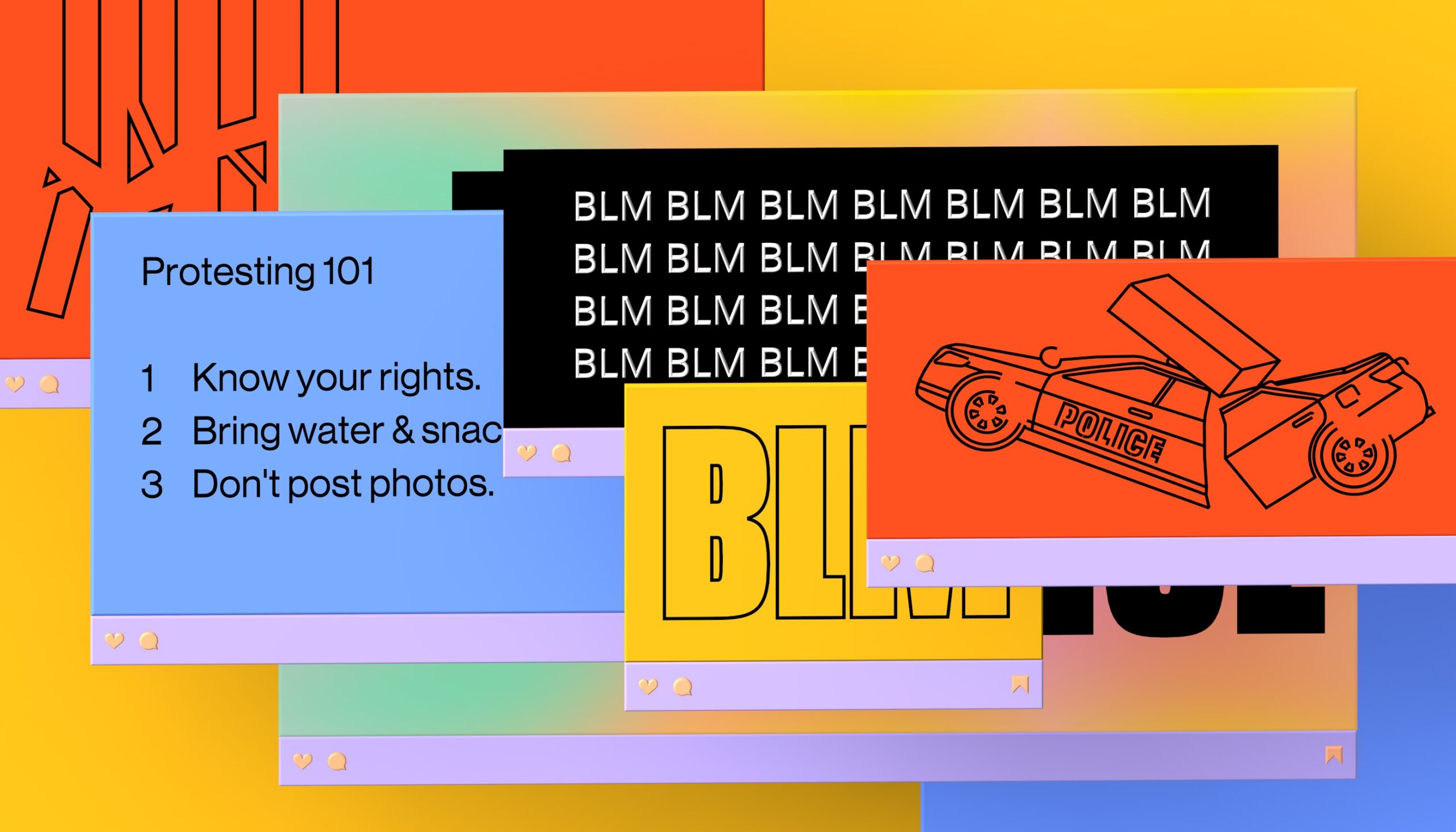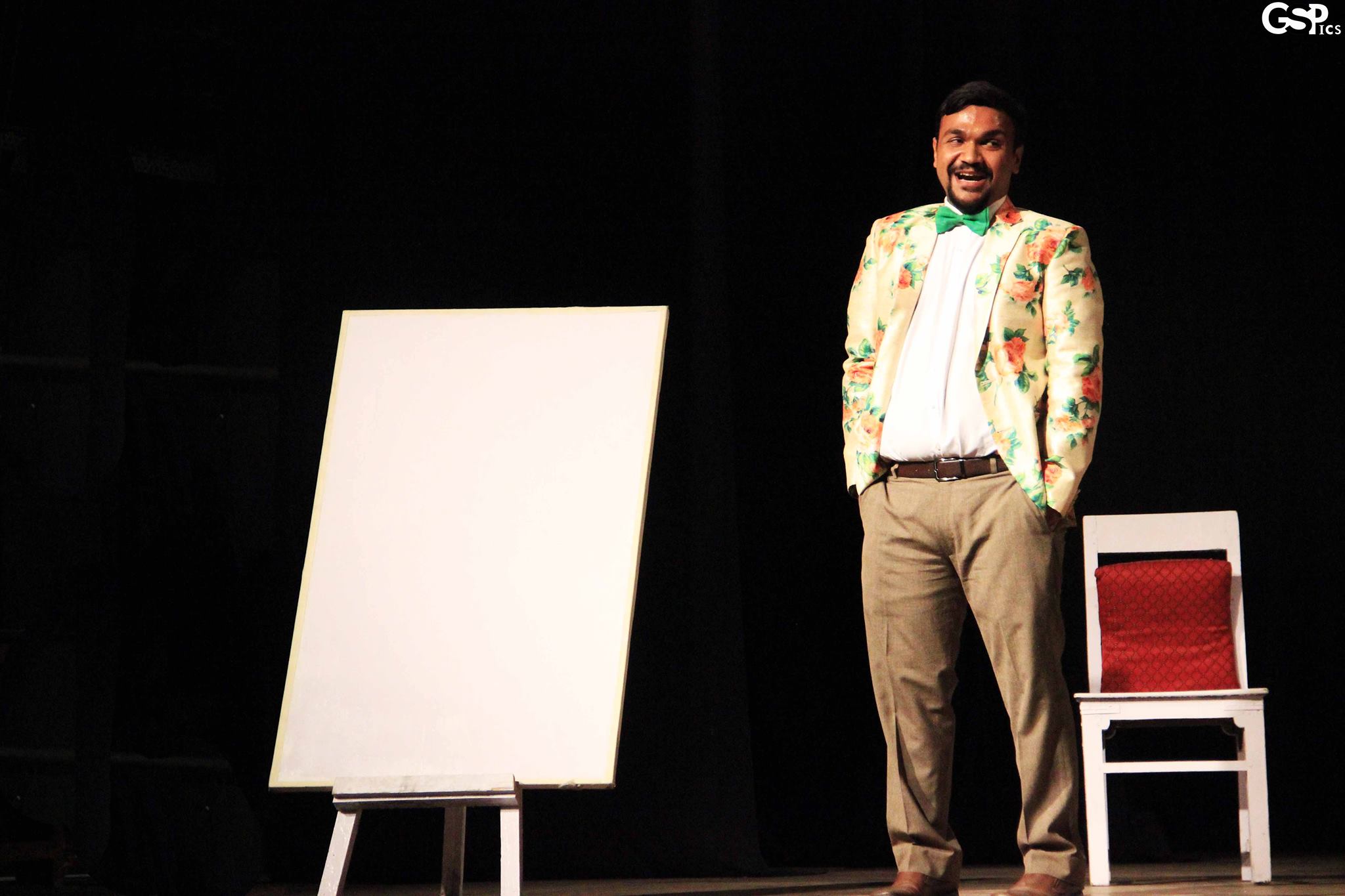Social Media and the Impact on Activism
In 1963, the March on Washington for Jobs and Freedom took about six months to organise- arranging speakers, food and transportation for about 250 thousand people who attended. It was a show of strength built by the people over the previous 10 years, and thus the Civil Rights Act was signed by President Lyndon Johnson. The movement had pushed the people in power to take the threat seriously.
50 years later, a hashtag defined an international movement, mobilizing thousands of people and bringing them together to the streets within just a few days to fight for the black lives worldwide and forcing the United States to confront racism. The social media access allowed the movement to blow up the way it did, making more and more people realise that it was an actual problem faced by a huge population in America.
The use of social media has rapidly increased in the last 5 years and today about 63 percent of the world’s population uses social media, with 290 million Facebook users in India alone, making India Facebook’s largest audience. Social media has played a huge role in creating a digital global village and connected billions of people worldwide. Globalization has facilitated the spread of new ideas and information, thus resulting in people uniting and taking action against anything and everything they feel is unethical or wrong. It has worked towards enabling democracy and mobilizing activism, changing the way we govern, or are governed. It has increased transparency and accountability, and given the people the power to share their ideas, views and opinions. Social media is helping us tackle some of the world’s biggest problems, from climate change to human right violations.
On one hand, social media is seen as one of the most powerful tools capable of making an enormous impact worldwide, and on the other hand social media activism is being referred to as ‘Slacktivism’ (derived from the words slacking and activism). According to the Oxford dictionary, slacktivism refers to working to achieve political or social change by using the internet to carry out actions that are thought to require little effort or time. It is true that social media has proven to be elemental in aiding present and future revolutions, but it is important to understand that this is not enough. It can spread information rapidly to a broad audience and connect you to the people sitting at the other end of the world within seconds, but it cannot replace the traditional activism which included marches and mass protests. Digital activism cannot work alone and it is imperative for us to find a balance between online means of engaging and negotiating partnerships offline.
Another reason why digital activism is said to be built on weak ties, is because more often than not misinformation is spread. Alteration of information and sharing false news is inevitable and continuous exposure to fake news can wear down a person’s resistance and make them more susceptible to it. This creates an echo chamber to which the young and lesser educated fall prey to. Information can come from many different sources and perspectives, but when you are only hearing the same perspectives and opinions, it is called an echo chamber. In an echo chamber, a person only encounters views or opinions that reinforces their own. Due to this, it becomes extremely difficult to identify one. Moreover, echo chambers are created and spread to gain personal profits as people are more likely to react to content that taps into their existing grievances and beliefs and inflammatory news is more likely to generate quick engagement. It thus becomes important to check the validity of information.
The impact of social media activism is comparatively limited, and it may not have the same effect as traditional activism, but these drawbacks would not stop it from evolving. The #MeToo movement which empowered women to speak about sexual harassment and rape, and ipaidabribe.com, an initiative to tackle corruption in India, are two of the many examples where social media proved to be vital in fighting the present problems.
As technology advances and more people become aware of the power they hold in their hands, they will start using it to solve the problems they face in their lives and will address long-held problems or new concerns with tenacity and persistence.




Comments